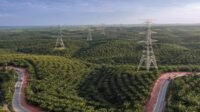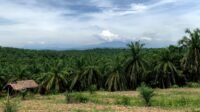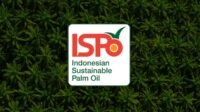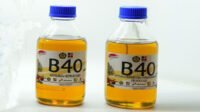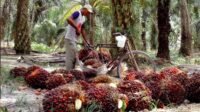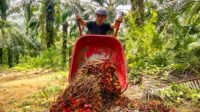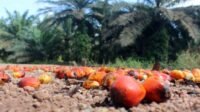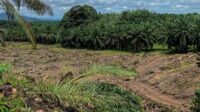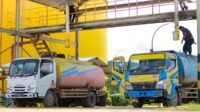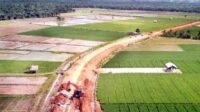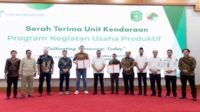PALMOILMAGAZINE, JAKARTA – Indonesia’s plan to mandate B50 biodiesel in 2026 is drawing caution from energy experts, who say the timeline may be too rushed and could create both technical and public trust issues if road tests are not carried out thoroughly.
Akhmad Hanan, a member of the Energy Security Study Center at the Indonesian Defense University, stressed the importance of comprehensive evaluations before the official rollout. He warned that accelerated testing leaves little room to assess long-term impacts, particularly on heavy-duty vehicles like trucks and buses.
“If B50 is implemented too quickly, several technical problems could arise. These issues need to be studied carefully with the involvement of universities, research institutions, and manufacturers,” Hanan said, as quoted by Palmoilmagazine.com via Bloomberg Technoz, Monday (Sept 22, 2025).
Also Read:
Drawing on experiences from Brazil and the EU, he noted that high concentrations of Fatty Acid Methyl Ester (FAME) in biodiesel behave differently from pure diesel. Higher viscosity and pour points can disrupt fuel injection systems in vehicles not designed for such blends.
Other risks include injector clogging, buildup in filters and combustion chambers, reduced engine performance, and higher maintenance costs. On the distribution side, biodiesel’s tendency to absorb water and oxidize makes it prone to microbial growth and sludge formation in storage tanks.
“In cold regions or highlands, high-FAME biodiesel faces cold flow problems — thickening or freezing — which can block fuel supply. Without proper infrastructure and storage readiness, these risks increase significantly,” he added.
Hanan also pointed to public trust as a critical factor. If the rollout sparks frequent technical issues, it could undermine confidence in palm oil–based green energy programs that are meant to serve as a long-term strategy.
For now, the government maintains that B50 road tests are ongoing and expected to take six to eight months. Energy and Mineral Resources Minister Bahlil Lahadalia acknowledged that targets may be adjusted.
“We are still testing. Whether we go straight to B50 or take an intermediate step with B45 will depend on the results,” Bahlil said at the Presidential Palace complex, Friday (Sept 12, 2025).
Director General of New and Renewable Energy and Energy Conservation (EBTKE), Eniya Listiani Dewi, added that no official B45 trials have been conducted so far. Technical and economic assessments are still underway, covering palm oil feedstock prices, potential incentives, export levies, and duties.
Indonesia currently runs on a mandatory B40 program. However, some industries — especially mining — have raised concerns over higher operational costs, while several heavy vehicle manufacturers remain reluctant to provide warranties for engines running on biodiesel blends above 10% FAME. (P2)



